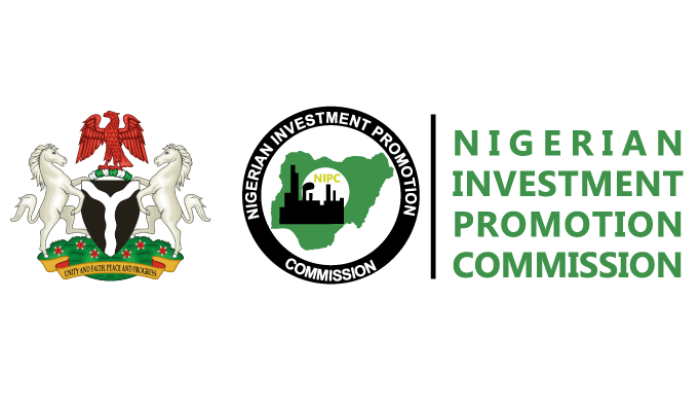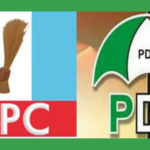
Engaging stakeholders, the Commission noted that this was to ensure that governmental and non-governmental investment promoters could undertake mutually reinforcing and complementary roles to attract, retain and grow investment in Nigeria.
The Executive Secretary the NIPC, Saratu Umar, disclosed this in Abuja at the stakeholders’ engagement with Diplomatic Community on Thursday.
Umar said this became very necessary as the NIPC strategised to increase national attractiveness and investment, adding that the strategies would deepen the investment promotion drive of Nigeria and the day-to-day problem-solving for established and incoming investors.
The Executive Secretary further disclosed that the NIPC as an investment commission recognises the role of the diplomatic community as critical stakeholder in investment promotion, being that economic diplomacy was one of the pillars of the mandate undertaken by diplomats in host countries.
Based on this mandate, she noted that not only do diplomats assist in delivering marketing messages to target groups of potential investors but also manage relationships and provide the relevant information required for investors to make informed investment decisions.
“This has equally aided reinvestment and retention of investors within the aftercare strategy. We thank the diplomatic community for this mutually beneficial service to both the host country, in this case, Nigeria, as well as to their home countries.
“We also acknowledge that diplomats and international development partners have successfully channeled the views of investors about the investment climate of our great country by working in tandem, to meet mutually beneficial goals especially through their support in policy advocacy. All of these remind us that investment promotion rests on good teamwork between the National Invest Promotion Agency (in this case the NIPC), the embassies/diplomatic missions, and other stakeholders to ensure a win-win situation,” he said.
The NIPC boss added that the engagement would result in well-coordinated investment, critical to promoting economic growth, creating jobs, and generating wealth for Nigerians as well as facilitating development, adding that the assignment was made very compelling if they were to set the nation on the path of sustainable progression towards becoming a more prosperous nation.













